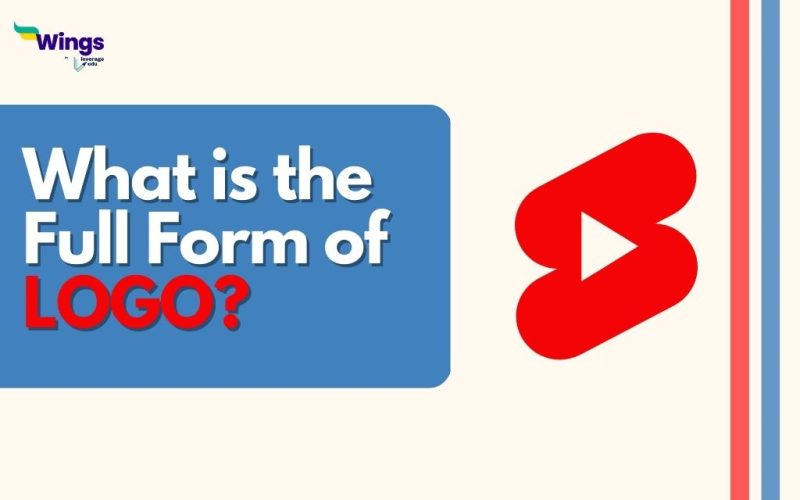The full form of LOGO stands for Language of Graphics Oriented. LOGO is a functional programming language used in computers. The LOGO language is a Lisp adaption. LOGO is a programming language created to express computations performed by a machine, specifically a computer. Programmers leverage programming languages to both control machines and express algorithms, all while enabling communication with computers.
LOGO is an abbreviation for the Language of graphics-oriented. LOGO is also a symbol that recognizes a brand’s or company’s public identification. Logos can leverage abstract designs or symbols to visually represent a wordmark. On a worldwide scale, a logo can typically symbolize a company’s name, trademark, or brand.
Table of Contents [show]
Example of LOGO
PwC is the LOGO of the firm that represents PricewaterhouseCoopers throughout the world.
Types of LOGOs
- Monogram logos
- Wordmarks
- Pictorial marks
- Abstract marks
- Mascots
- The combination marks
- The emblem
Also Read:Full Form of BPO
Origin of LOGO
The logo first appeared in the sixth and seventh centuries. It was the time when coins were utilized as a way of payment (c. 600 BCE). Each coin contained a symbol or mark that represented the kingdom or country to which it belonged. They were also employed in cylinder seals.
Logos in the shape of an animal, bird, or other sign embedded on coins or fabric to represent a kingdom or dynasty were common in the sixth century. By 1890, the United States had over 700 lithographic printing enterprises and employed approximately 2000 workers.
The logo was refined into watermarks, printing technologies, and silver hallmarks in the early 18th and 19th centuries. In the late nineteenth century, lithography and photography entered the advertising industry, boosting the usage of logos on a global scale. In 1876, the Bass red triangle was the first logo to be trademarked.
FAQ
The word “logo” in computers can refer to two things:
A graphic symbol representing a company, software, or organization
Logo is a programming language designed for learning.
Logo comes from “logotype,” meaning “word mark,” as logos often represent a brand’s name visually.
The concept of a logo stretches back centuries. However, the term’s origin is not yet out.
Related Blogs
We hope this blog has helped you understand the full form of LOGO and everything related to it. If you want to know more, find the 300+ full forms list on our blog. In the world of short forms, you can rely on the Leverage edu page to know about more full forms like this! Connect with us, study abroad experts, to achieve your international dream today!
 One app for all your study abroad needs
One app for all your study abroad needs















 45,000+ students trusted us with their dreams. Take the first step today!
45,000+ students trusted us with their dreams. Take the first step today!
